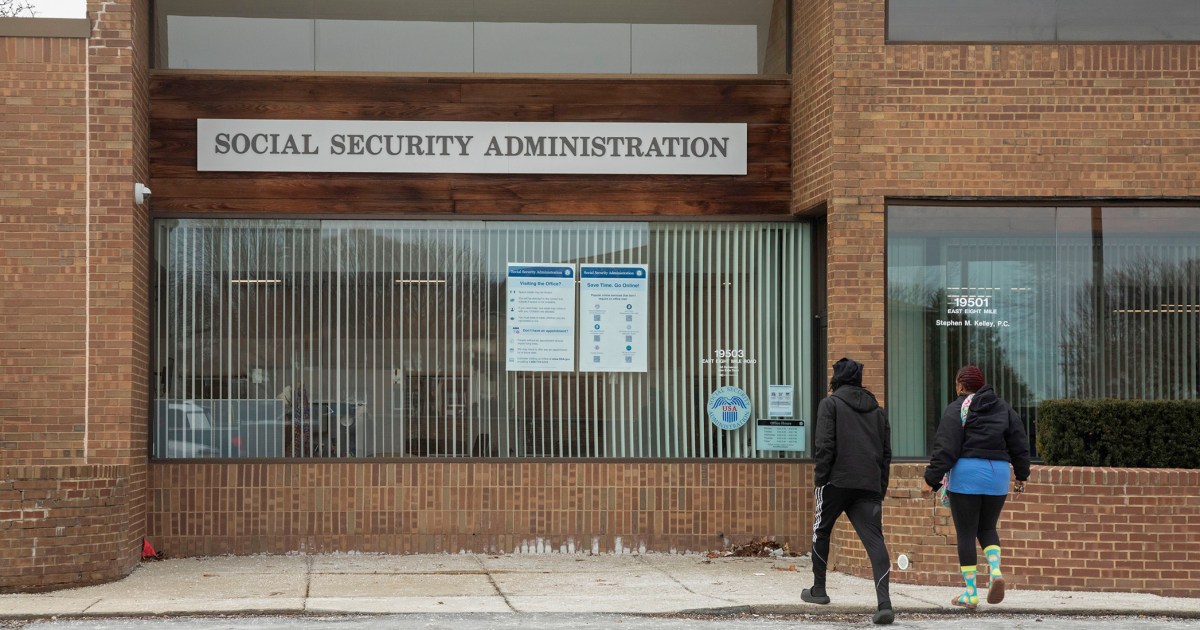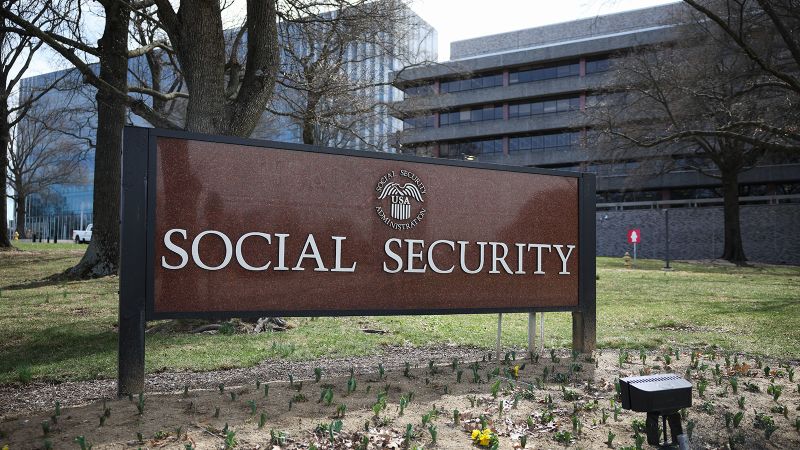Trump Administration Classifies Thousands of Immigrants as Deceased, Stripping Them of Social Security Numbers
The Trump administration has classified over 6,300 living immigrants as deceased, aiming to curtail their access to financial services and drive them to self-deport.
Overview
In a controversial move, the Trump administration has designated over 6,300 living immigrants as deceased in Social Security records. This decision affects individuals who are legally in the U.S. but were identified as having criminal backgrounds or being on watchlists. Advocates are denouncing this act as a form of 'digital murder' that severely limits access to essential services like banking and employment. Critics worry this action sets a dangerous precedent for targeting individuals without due process, raising concerns about privacy rights and the potential for further bureaucratic overreach.
Content generated by AI—learn more or report issue.

Get both sides in 5 minutes with our daily newsletter.
Analysis
- The Trump administration's decision to classify over 6,000 immigrants as deceased by adding them to the Social Security Administration's Death Master File is viewed as a severe escalation of anti-immigrant policies, targeting those who were legally allowed to live in the U.S.
- This new policy will hinder the affected immigrants' ability to secure employment, access financial services, and utilize government benefits, effectively rendering them unable to participate fully in society.
- Experts raise concerns that this move sets a dangerous precedent, suggesting that if the government can reclassify living individuals as dead, it opens the door for potential abuses against various demographics.
Articles (3)
Center (1)
FAQ
The action aims to remove financial incentives for undocumented or targeted immigrants to remain in the U.S., encouraging them to 'self-deport' by limiting their access to benefits and services.
The targeted groups include immigrants who entered the U.S. under programs from the Biden administration, particularly those who used the CBP One app, as well as those with criminal backgrounds or alleged connections to terrorism.
Classified immigrants face severe limitations in accessing financial services, employment, and government benefits, effectively cutting off their ability to earn a living in the U.S.
History
- This story does not have any previous versions.

